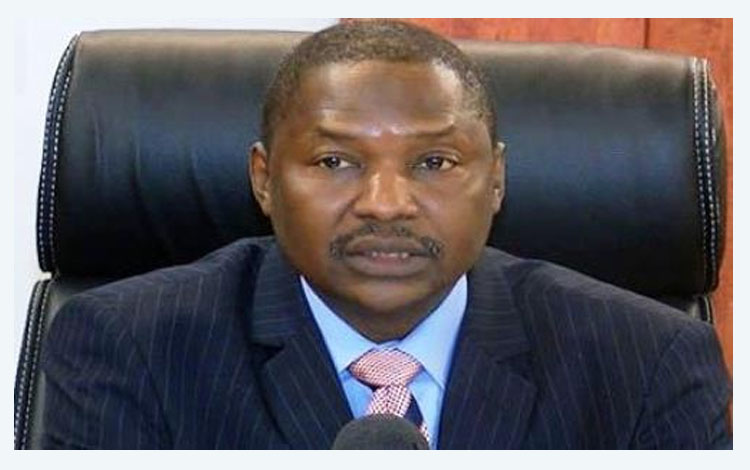The Attorney General of the Nigerian Federation and Minister of Justice, Abubakar Malami (SAN), served notices to all government officials and others unduly gained from the Gas Supply and Processing Agreement (GSPA) issued by the federal government to the British company Process and Industrial Development (P&ID). Also, it has castigated government officials, who were instrumental in getting the adverse order from the court in London, which made the federal government liable to pay US$ 9.6 billion to the P&ID.
Process and Industrial Development (P&ID) , is a company founded in 2006 by Michael Quinn and Brendan Cahill. The company has a long track record of successful public works projects in Nigeria. The Nigerian government entered into a 20-year Agreement – known as the Gas Supply and Processing Agreement (GSPA) – with the company to refine natural gas for Nigeria’s electricity grid to generate 2000 megawatts of electricity annually. According to the agreement, Nigeria would receive 85% of the lean (wet) gas at no cost for electrical generation and industrialization. The British company would receive the remaining 15% of the byproduct – consisting of methane, propane, and butane – to sell on commercial markets.
The Nigerian government failed to build a pipeline and deliver the gas for the refining process. Agitated by this, in 2012, P&ID took the Nigerian Government to arbitration to resolve their dispute. A London tribunal (consisting of arbitrators from England and Nigeria) arrived at the conclusion that the Nigerian government’s conduct amounted to a repudiation of the Agreement,. Therefore, Nigeria was liable to pay US$ 6.6 billion to P&ID along with an interest of US$ 2.8 billion. Following the tribunal’s award of damages, in March 2018, P&ID brought an action before the Queen’s Bench Division of the English Commercial Court. It wanted permission to enforce the damages awarded by the tribunal. Despite delays by the Nigerian government, on Aug. 16, the court made an order enforcing the tribunal’s final award which now stands at about $9.6 billion.
The federal government of Nigeria, in the wake of the judgment by the tribunal, wanted to get into the root of the problem and wanted to know the persons involved in the said project and whose inaction led to non – commissioning of the project. The present government feels that there has been high level corruption in both clearing the project and subsequently awarding compensation to P&ID, where some local people may be involved. The minister of justice, without taking any names said that more people would be investigated to get the cat out of the bag.
Many feel that the debt cast on the federal government might trigger a slugfest among politicians and others in the coming days. It is also doubtful whether the Nigerian government would be able to execute the order since the country is already facing resource problems on account of the dip in commodity prices. Recently, it has sought a World Bank concessional loan of US$2.5 billion. If this loan is sanctioned, the total debt of the country would amount to US$ 83 billion.





